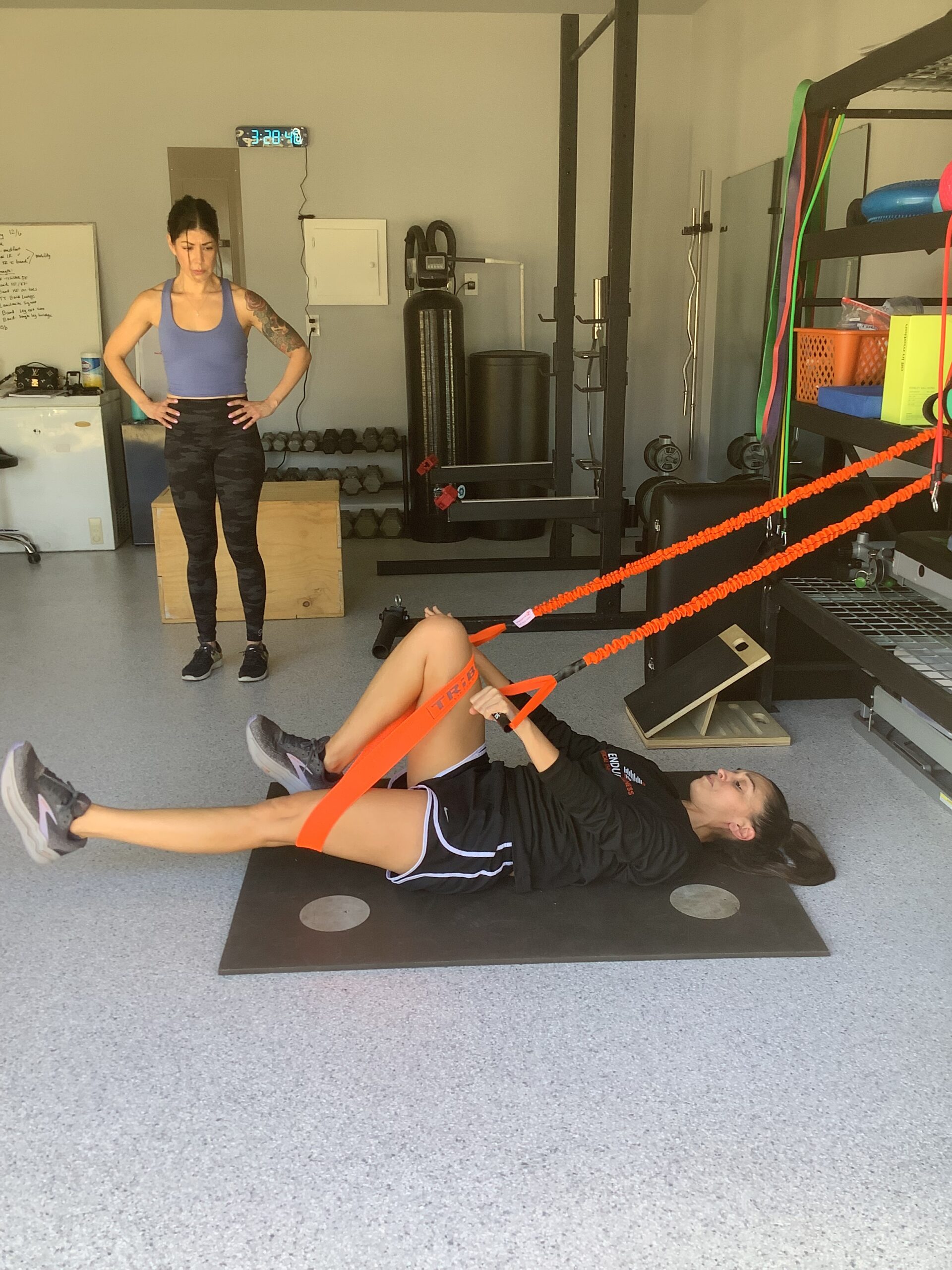Frequently Asked Questions
Frequently Asked Questions
A physical therapy visit focuses on treating a specific injury or pain, aiming to restore function and mobility through targeted exercises and manual therapy, while a wellness/performance visit is preventative, assessing overall movement patterns and lifestyle factors to identify potential issues and optimize performance, typically for individuals without a current injury or pain.
Direct access empowers patients to seek physical therapy services without needing a physician’s referral, offering faster and more convenient care. While all states allow some form of direct access, the specific laws and limitations vary. For instance, certain states may restrict direct access by the number of visits or a specific time frame.
In Texas, a partial direct access state, changes effective September 1, 2019, allow physical therapists to accept patients without a referral, provided specific qualifications are met. Dr. Obregon, who has completed an advanced fellowship, is uniquely qualified to treat patients without a referral for up to 15 consecutive business days.
If further therapy is needed beyond this period, patients can easily obtain a physician’s referral to continue their treatment without interruption. This approach ensures seamless care tailored to each patient’s needs.
A fellowship in physical therapy is post-professional training for licensed physical therapists who want to become clinical experts in a subspecialty area. Dr. Obregon went through vigorous training and testing to become an expert in manual therapy.
These therapists have advanced knowledge, experience, and skills in the area of orthopedics that are required to test for their OCS. Therapists have completed 2,000 clinical practice hours in an orthopedic setting, and have passed a rigorous certification exam for their OCS.
Dr. Obregon utilizes different movements required for optimal running form which incorporates movements from recent evidence and research. Dr. Obregon is also certified in Level 1 & 2 FMS® and SFMA®. FMS® stands for “Functional Movement Screen” and SFMA® stands for “Selective Functional Movement Assessment”; both are movement-based assessments used to identify potential imbalances and dysfunctions in an individual’s movement patterns, but the key difference is that FMS® is primarily a screening tool for asymptomatic individuals, while SFMA® is a diagnostic tool used to pinpoint the source of pain in individuals with musculoskeletal discomfort.
Therapeutic exercise
A rehabilitative service that focuses on improving strength, endurance, range of motion, or flexibility in one or more areas of the body.
Neuromuscular re-education
A therapeutic procedure that helps improve balance, coordination, posture, and proprioception. It can involve manual techniques, activities for balance and core control, and other therapeutic exercises. The goal is to re-train a body part to perform a task it was previously able to do.
Therapeutic activities
Dynamic activities that promote improved function. They can address multiple parameters at the same time, such as strength, range of motion, balance, endurance, and motor control.
Manual therapy
A skilled application of hands-on techniques by skilled clinicians to manipulate soft tissue, joints, and nerves.
Common techniques include joint mobilizations (gentle movements within the joint’s range) and manipulations (quick, forceful movements beyond the joint’s normal range). Massage-like techniques can be used to address muscle tension and improve blood flow. Manual therapy aims to reduce pain, increase range of motion, and enhance overall movement function.
Yes we do! We offer evaluations for $100 and $25 off follow-up appointments.

